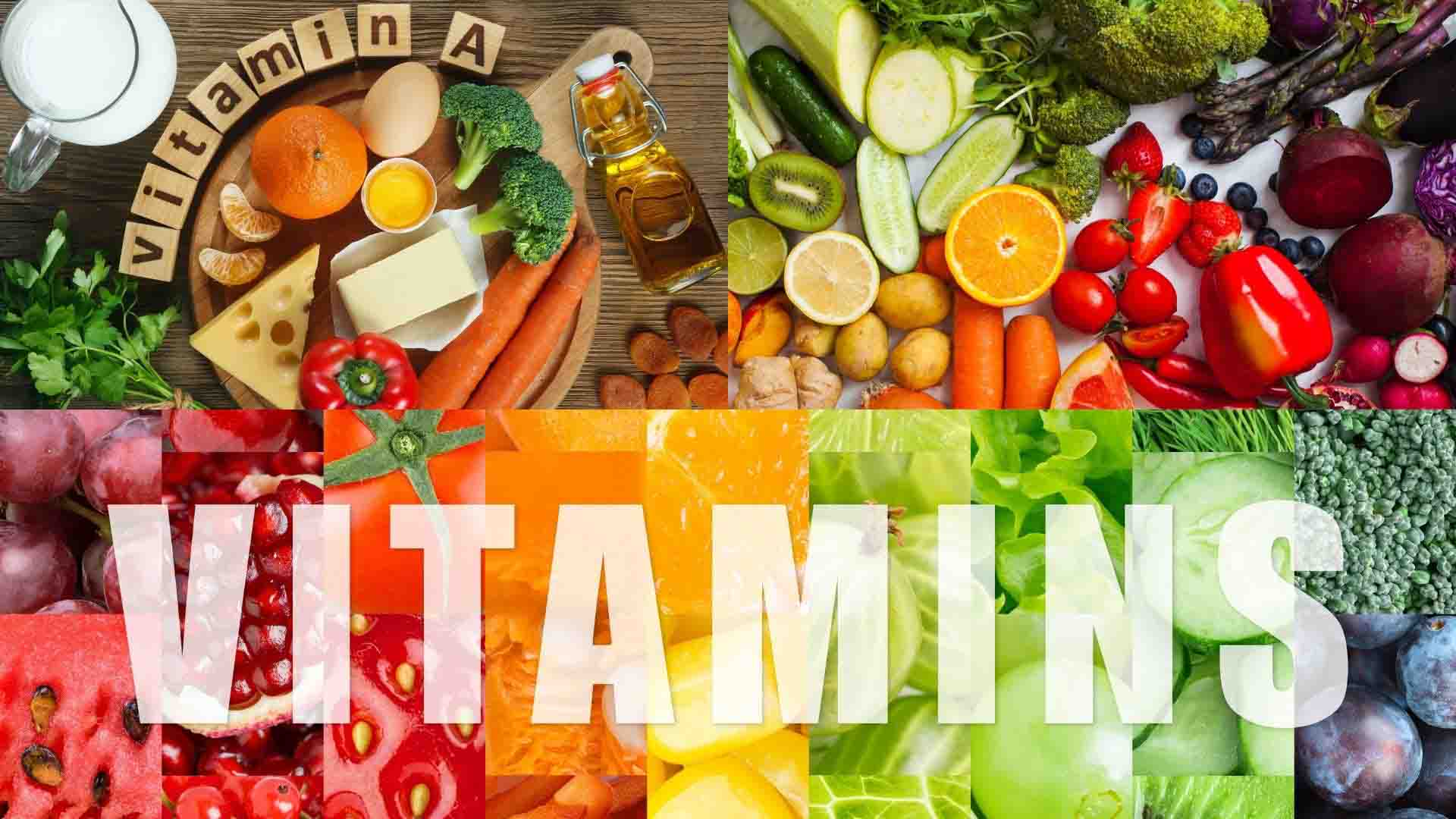1. Vitamin A
Vitamin A is an antioxidant known to aid in bone growth. It also helps keep the digestive tract, respiratory system, and skin healthy. Vitamin A also acts as an anti-inflammatory.
Benefits of Vitamin A
Vitamin A supplementation has been found to be beneficial in some inflammatory conditions. Vitamin A may help reduce pain in patients with rheumatoid arthritis and osteoarthritis.
Side Effects of Vitamin A
Too much vitamin A can cause side effects. Vitamin A from animal sources or supplements taken in doses three times or more than recommended may increase the risk of hip fractures. Supplements have been linked to an increased risk of lung cancer in smokers.
Where to find Vitamin A
You can supplement vitamin A in foods such as:
- Carrot
- Cantaloupe
- Sweet potato
- Spinach
- Liver
- Egg
- Milk with added micronutrients

2. Vitamin C
Vitamin C has antioxidant properties that help build the immune system, protect cells from free radicals, and help build and maintain collagen and connective tissue in the body.
Benefits of Vitamin C
Vitamin C may prevent gout by lowering uric acid levels. There is also evidence that vitamin C can lower blood pressure enough to reduce the risk of stroke.
Side Effects of Vitamin C
Vitamin C is generally safe. Even at high doses, it is not believed to cause a wide range of side effects. The most common side effects include diarrhea, nausea, stomach pain, and other gastrointestinal problems.
Where to Find Vitamin C
Vitamin C is found in fruits such as:
- Melon
- Tomato
- Bell pepper
- Strawberry
- Kiwi
3. Vitamin E
Vitamin E is an antioxidant. Therefore, it can help protect against free radicals, compounds that can cause damage and increase the risk of disease.
Benefits of Vitamin E
Vitamin E is known to prevent or treat osteoarthritis due to its antioxidant and anti-inflammatory effects.
Side effects of Vitamin E
There are no known risks of taking too much vitamin E. Vitamin E consumed in foods has not been shown to cause any side effects.
Where to find Vitamin E
Vitamin E can be found in foods such as:
- Mango
- Avocado
- Peanut
- Green vegetables
- Pumpkin
- Bell pepper
- Almond
- Sunflower seeds
- Peanut butter
- Spinach
- Broccoli
4. Vitamin K
Vitamin K has a protein called osteocalcin. This protein helps produce healthy bone tissue in the body.
Benefits of Vitamin K
Adequate vitamin K intake is known to help slow the progression of osteoarthritis.
Side Effects of Vitamin K
Vitamin K has a very low potential for toxicity and does not cause side effects when used in foods or as a dietary supplement.
Where to Find Vitamin K
Vitamin K comes in two forms: K1 and K2, both of which help with blood clotting and bone metabolism. Vitamin K1 is found primarily in vegetables, especially green leafy vegetables, while vitamin K2 is found in moderate amounts in animal and fermented foods.
Vitamin K1 is found in:
- Green vegetables
- Spinach
- Broccoli
- Kale
- Vegetable oils such as canola and soybean oil
Vitamin K2 is found in:
- Some types of cheese
- Egg yolk
- Fermented foods like sauerkraut and kefir
5. Calcium
Calcium is a mineral that helps maintain strong teeth and bones. It also regulates muscles.
Benefits of calcium
Calcium is known to help prevent bone loss and fractures. This can help people with osteoporosis and rheumatoid arthritis.
Side effects of calcium
Too much calcium can cause kidney stones and prevent the absorption of other minerals like zinc and iron.
Where to find calcium
Foods containing calcium include:
- Spinach
- Broccoli
- kale
- Yogurt
- Cheese
- Milk
- Salmon
- Canned sardines
- Calcium fortified cereals
- Milk
Source: https://laodong.vn/suc-khoe/5-loai-thuc-pham-bo-sung-va-vitamin-cho-benh-viem-khop-1375719.ldo


![[Photo] A delegation of 100 journalists from the Vietnam Journalists Association visits the soldiers and people of Truong Sa island district.](https://vphoto.vietnam.vn/thumb/1200x675/vietnam/resource/IMAGE/2025/5/30/0984a986227d4e988177f560d2e1563e)

![[Photo] National Conference "100 years of Vietnamese Revolutionary Press accompanying the glorious cause of the Party and the nation"](https://vphoto.vietnam.vn/thumb/1200x675/vietnam/resource/IMAGE/2025/5/30/1cf6cd5c8a934ebfa347028dcb08358c)
![[Photo] Journalists moved to tears at the Memorial Service for the soldiers who died in Gac Ma](https://vphoto.vietnam.vn/thumb/1200x675/vietnam/resource/IMAGE/2025/5/30/9454613a55c54c16bf8c0efa51883456)
![[Photo] General Secretary To Lam receives Chief of the Central Office of the Lao People's Revolutionary Party](https://vphoto.vietnam.vn/thumb/1200x675/vietnam/resource/IMAGE/2025/5/30/140435f4b39d4599a3d17975dfb444c5)




















































































Comment (0)